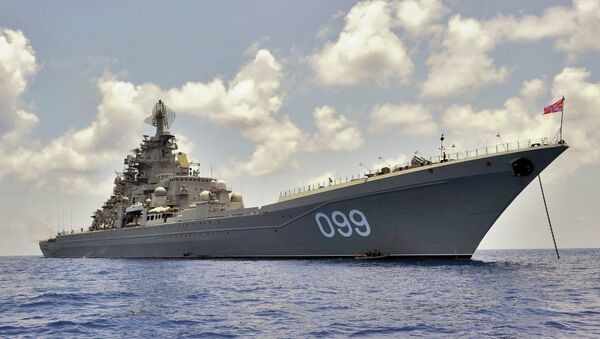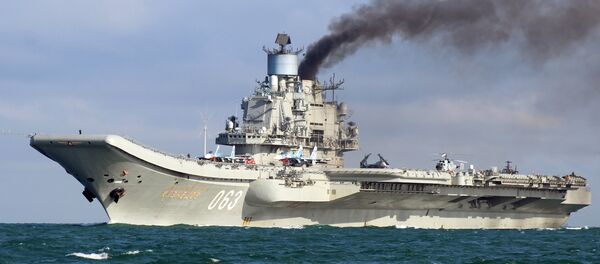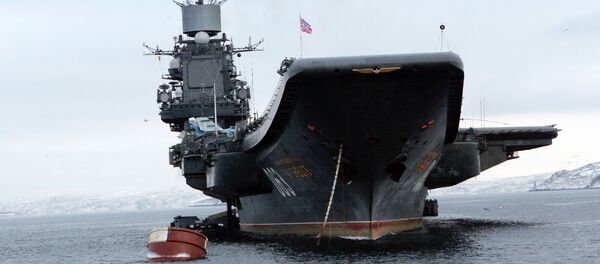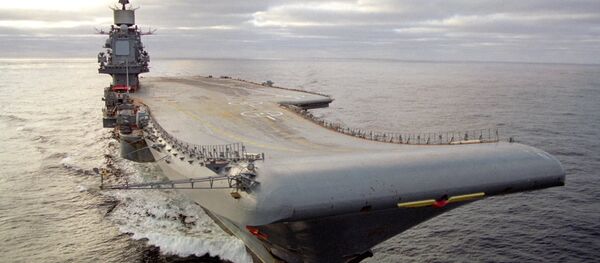At the same time, he could neither confirm nor deny that a request had been made by Russia for a naval group stopover in Malta.
Earlier, the Russian Defense Ministry rebuffed speculations in Western media that the Russian naval group led by the Admiral Kuznetsov aircraft carrier would enter the Spanish port of Ceuta for refueling.
The Ministry’s spokesperson Maj. Gen. Igor Konashenkov said that Russia had not sent a request to the Spanish authorities about refueling in Ceuta. The Russian naval group relies on its own resources and can complete its mission autonomously.
However, some experts suggested that the warships would have to refuel in Malta.
The mission of the Russian naval group led by the Admiral Kuznetsov began on October 15. In addition to the aircraft carrier, the group comprised the Pyotr Veliky battle cruiser, the Severomorsk and the Admiral Kulakov anti-submarine destroyers, and support vessels. The ships are heading to the Mediterranean region to maintain a military and strategic presence in important areas.
The situation over refueling of the Russian naval group proves that separate European countries cannot act independently under NATO, said Dmitry Danilov, a senior analyst at the Institute of Europe, the Russian Academy of Sciences.
"In this situation, cooperation and economic interests and even common sense are replaced with some unclear political plans. This is a zero-sum game. It’s interesting that Europe and Russia have long opposed such a scenario and hoped for cooperation," Danilov told Radio Sputnik.
"The situation raises the question whether separate European states are really independent or not within the so-called 'Atlantic solidarity' and, broadly speaking, whether they are capable of sovereign actions or not," he pointed out.
There is a situation of "mutual deterrence" and NATO has engaged all its leverage because it does not have legal tools to pressure Moscow. The alliance cannot prevent Russian warships from entering the Dardanelles. It also cannot stop the Russian military operation in Syria because there is an agreement between Moscow and Damascus.
"So, NATO is playing mean tricks on Russia. However, the alliance calls this a pragmatic approach. The alliance is acting according to the principle: if we cannot increase our capacities we will restrict the capacities of our opponent," the expert concluded.





